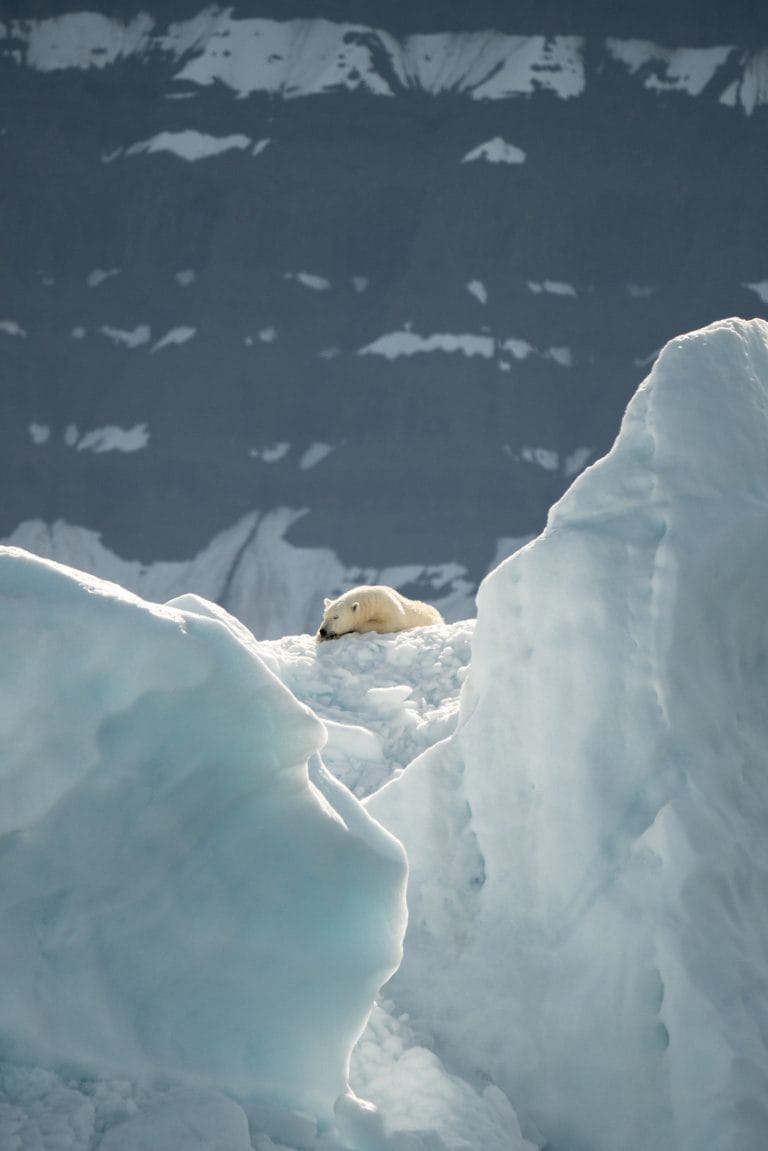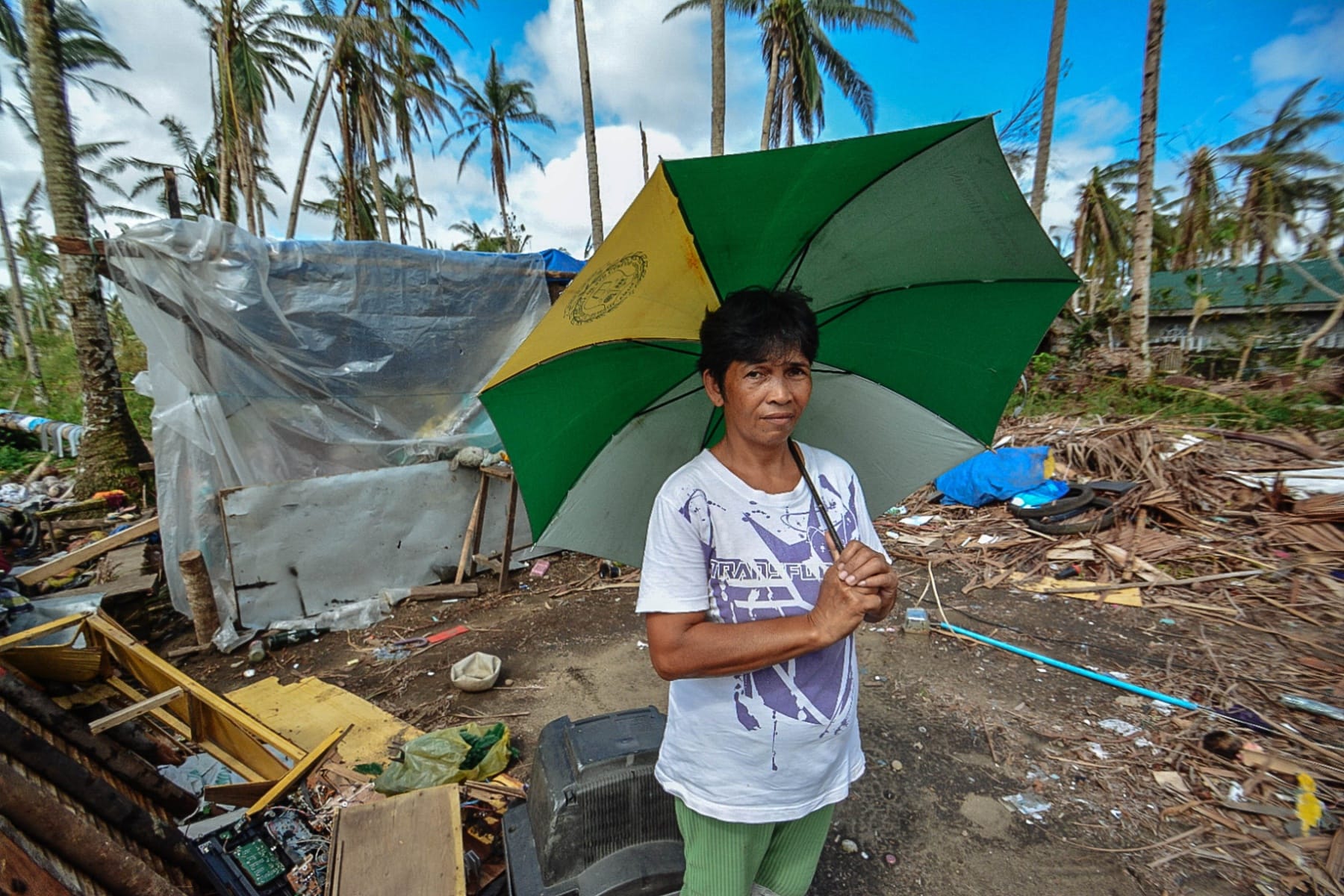Nature’s revenge


Bruce Duncan CSsR
Bruce is a Redemptorist priest who specialises in areas of social justice and ecology
Australians were deeply shaken by the severity of the 2019-20 bushfire season. The unprecedented bushfires cost more than 30 lives, destroyed 2,000 homes and buildings, and burnt millions of hectares of native forest and farmlands. Experts estimate that more than a million native animals may have been killed.
Then there were the devastating floods in parts of NSW and Queensland earlier this year. Twenty-two lives were lost, and the financial cost exceeded one billion dollars.
In our own region many South Pacific islands are in danger of being swamped by rising sea levels and the polar ice caps are melting threatening polar bears and other wildlife.
Much of the Australian population is anxious about the rolling effects of climate change and there are demands for more decisive action from our state and federal governments. Globally, the past five years have been the hottest on record.
Pope Francis has been one of the most prominent voices internationally warning about the ‘catastrophic’ dangers of climate change. Indeed his 2015 encyclical Laudato Si’ is the signature document for his pontificate. The title Laudato Si’ is taken from an ancient hymn of St Francis praising God for the wonder of creation and all its creatures. The subtitle, On care for our common home, highlights our human responsibility to care for the earth itself and its life forms.
Yet some people are annoyed with Pope Francis because of his constant advocacy for urgent action on climate change. But Francis insists climate change involves crucial moral issues, threatening the life support systems of the entire planet.
Francis did not publish Laudato Si’ on a whim. He and his colleagues consulted widely with leading climate scientists and economists who overwhelmingly are warning that global warming is a dire and immediate threat to human wellbeing everywhere. The scientists contend that this is only the beginning of much more severe climate change unless the world urgently reduces greenhouse gas emissions.
Pope Francis is aware that many people have been misled about the threat from climate change because of the power of special interests, particularly in some fossil fuel industries and their financiers, who have funded many media campaigns disputing the views of climate scientists.
Pope Francis sees global warming as part of a crisis in the international economic and political order, resulting in growing inequality and leaving hundreds of millions struggling to feed their families at the same time as a tiny group of the very rich amass unimaginable wealth and political influence. Laudato Si’ calls for thorough-going economic reform, in tune with the UN Sustainable Development Goals (SDGs).
Summarised under 17 key Goals, this is most detailed and concrete plan ever devised to promote the common good by improving the wellbeing of everyone around the world. Learning lessons from past experience of economic development and industrialisation, the United Nations has coordinated plans to tackle pressing global problems, including of hunger, extreme poverty, food production, agriculture, disease control, proper sanitation, adequate drinking water, education for all children, especially for girls, family planning, greatly reducing maternal deaths and child mortality, securing water supplies, switching to renewable sources of energy and addressing climate change.
Working in tandem with leading economists and specialists advising the United Nations, Francis launched Laudato Si’ in 2015 to rally moral support behind both the forthcoming December Paris Climate Summit and the vote by world governments to endorse the SDGs. The same year, the pope addressed the UN General Assembly in New York on these issues, and some 190 national delegates almost immediately voted to endorse the SDGs.

Pope Francis has spoken about climate change and the SDGs on hundreds of occasions. In an address to the President of the UN General Assembly and finance ministers from various nations on May 27 2019, he urged them “to help prevent a crisis that is leading the world towards disaster”.
UN Secretary-General Antonio Guterres thanked the pope for his “exceptional global engagement and strong support” for the UN and the SDGs. He said the pope’s “clear moral voice shines through on the great contemporary issues, refugees, poverty and inequality, disarmament, ‘and highlighting the climate emergency through your historic encyclical, Laudato Si.”
While Australia’s emissions fell by 11% from 2005 to 2013, they have been climbing since then. The Department of Energy and Environment projects a cut in emissions of just 4 per cent for the entire decade of the 2020s.To reduce net emissions to zero by 2050, Australia would need to cut emissions by 55% below the levels of 2030, compared to the Coalition government’s target of 26-28%, or the 45% cut proposed by federal Labor.
Nevertheless, Australia is currently the biggest coal exporter, supplying 37 percent of global coal markets which are adding huge amounts of greenhouse gases. Australia is also the largest exporter of liquefied natural gas (LNG) which further increases greenhouse emissions.
While Pope Francis has given amazing leadership on climate change and inequality issues, are enough Catholics listening and joining the conversation? Are our education systems promoting awareness and activism as Francis has requested? Are priests preaching on the encyclical and its implications for future generations? If we are to save our climate and demand our governments respond urgently, there is still much work to do.
Majellan Media has set up a special Laudato Si’ page on our website. www.majellan.media/laudato-Si
You can also access more information from: LaudatoSiMovement.org
We encourage you to share and use this material on your own website. However, when using materials from Majellan Media’s website, please include the following in your citation: Sourced from www.majellan.media
